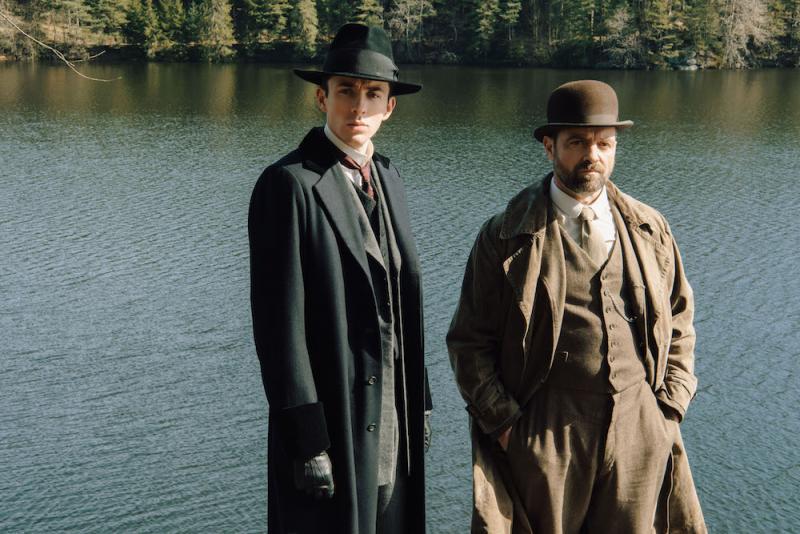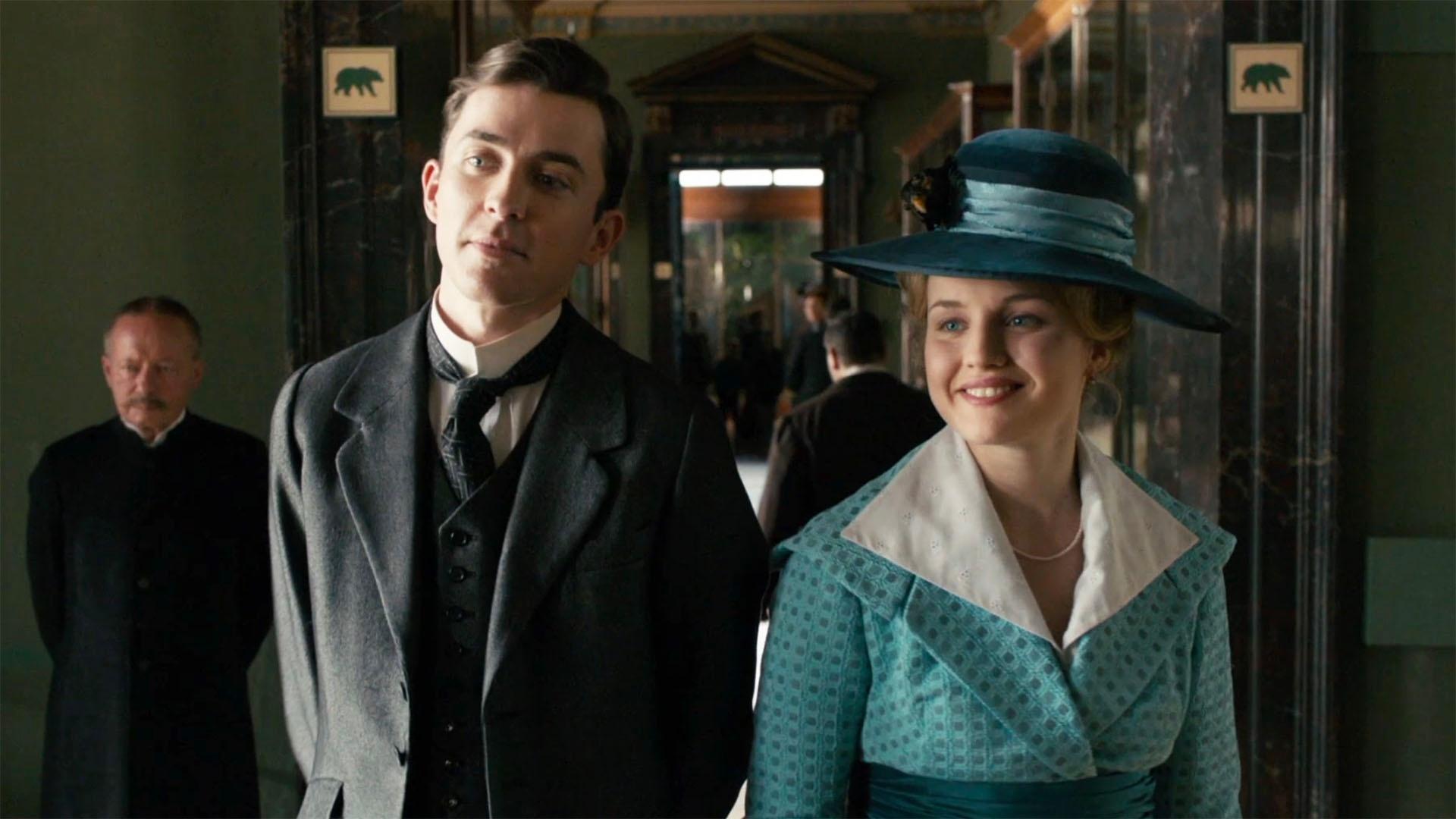Beekeeping as a form of therapy
Feb. 1st, 2022 08:02 pmThe fact that Holmes took to beekeeping in his mature years is a fascinating character arc, considering that beekeeping is actually used as a form of therapy. Holmes stuggled with mental health issues from his young years, and coping by means of drug abuse was destructive whereas beekeping must have calmed his mind in a constructive way.
Below are extracts from various articles on therapeutic beekeeping which I would like to keep here.

PS. Turns out there's already a post about this topic in this community. I completely forgot about it. But still, this new post has links to more materials than before ;)
UPD.![[personal profile]](https://www.dreamwidth.org/img/silk/identity/user.png) draculard wrote a fic about apitherapy, No Time For Sorrow. Check it out!
draculard wrote a fic about apitherapy, No Time For Sorrow. Check it out!
Below are extracts from various articles on therapeutic beekeeping which I would like to keep here.
Researchers say the act of beekeeping may help people with mental health problems such as stress, anxiety and depression. Many call it “beekeeping therapy.” One group of people is especially getting help from such therapy: military veterans. Vince Ylitalo is one such veteran. He served in the military for nearly 40 years, including two tours in Iraq. He suffers from Post-Traumatic Stress Disorder, or PTSD. In a recent report by the Associated Press, Ylitalo explained how beekeeping calms his mind.Perhaps Holmes got interested in beekeeping accidentally and later discovered its beneficial effects on his mental health or was it Watson who suggested this idea? As a war veteran and Holmes's companion, Watson must have been keenly interested in various coping methods.“I’m in this program to help me get out of the thought process of all those problems that I have. It helps me think about something completely different... I’m just thinking about the bees.”
Another veteran in the beekeeping program is Wendi Zimmerman. She also says that beekeeping calms her mind. She calls the uncontrolled, unwanted thoughts from the past “clutter.” She said the buzzing of the bees helps to clear the clutter.“The buzzing – it fills that void in my head where clutter can go. So, instead of thinking of the things that clutter my brain or the experiences that clutter my brain … I think of the bees.”Beekeeping for soldiers returning from WWIBeekeeping programs aimed at helping military veterans are not a new thing. In fact, the U.S. government had a program that taught beekeeping to soldiers returning from the First World War. Other countries at that time had similar programs.Veteran and beekeeper Frank Bartel does not need a study to prove the effectiveness of beekeeping therapy. For him, watching the bees relaxes his brain.
“When things get really hectic, crazy and you want to relax, you just put your chair out in front of the bee hive and watch them go in and out. And it’s so relaxing. All your cares just float away.”
On the website Harvard Health Publishing from the Harvard Medical School, researchers note studies that show the brain benefits of watching nature.They write that those people who take a walk in nature, for example, would show less activity in their prefrontal cortex. This area of the brain is active during repetitive thoughts that lead to bad feelings. (VOA)In Reno, Ginger Fenwick started Bees4Vets with her husband, Daniel, in 2018 after spotting a 1919 pamphlet written by the government that advocated beekeeping for veterans returning from World War I with shell shock. Bees4Vets trains 10 veterans a year to manage some of its roughly 30 hives at the agricultural experiment station at the University of Nevada, Reno and resident’s backyards in nearby Sparks. (militarytimes.com)
In 1919 as troops returned from World War I, the federal government began recommending beekeeping as a profession for soldiers, especially disabled veterans. In fact, the Department of Veterans Affairs currently offers beekeeping programs at several of its medical centers as part of its recreational therapy programs. (military.com)
Despite refusing to “slave” for Hitler and being forced to endure a bitter march across Europe after his capture, Company Sergeant Major James Hamilton Savage persuaded the Nazi guards in Stalag 383 to allow him to set up beehives behind the barbed wire fences. CSM Savage was captured and taken Prisoner of War in St Valery en Caux in northern France in 1940 after the 51st Highland Division were left behind following the Dunkirk evacuation.
In 1942 the Captive Drones Association was started by CSM Savage – he had first learned beekeeping from his father in Ayrshire but was able to get books through the Red Cross. The prisoners, however, only got to taste a little of the honey with their meagre rations. Most of it stayed with the bees to help them survive winter and the PoWs gave some of their sugar rations to them as well. Rather than a source of food, beekeeping was something to keep them occupied. “It was keeping them interested in something rather than mulling over their situation.” (scotsman.com)

PS. Turns out there's already a post about this topic in this community. I completely forgot about it. But still, this new post has links to more materials than before ;)
UPD.














